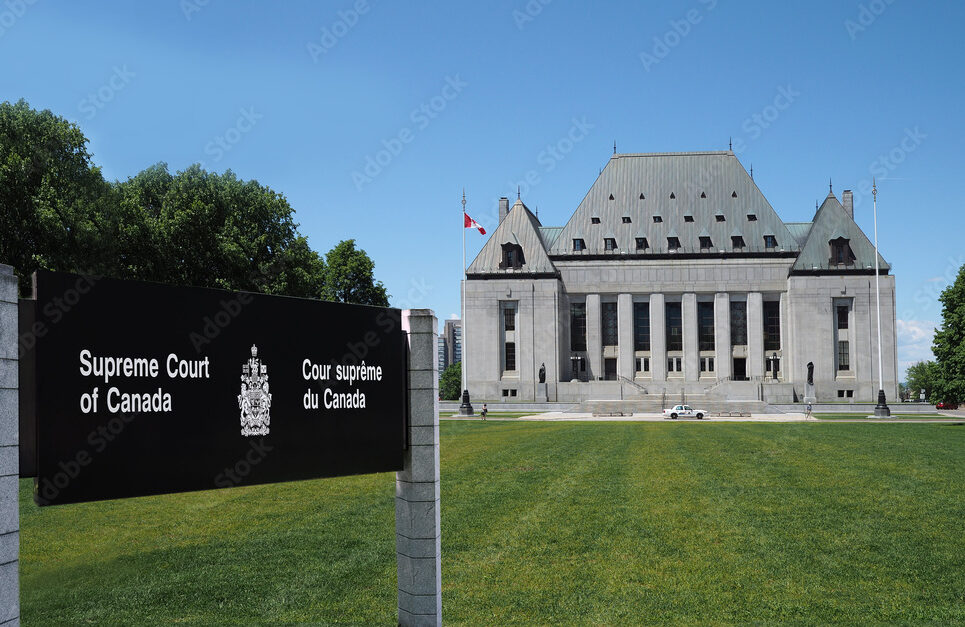Named Persons v. Canada (Attorney General), 2025 BCCA 197
RHE seeks leave to Supreme Court of Canada on Breached Confidential Informer Case
John Rice KC was lead counsel, alongside Eileen Patel and RHE senior associate Hector MacDonald, on a remarkable appeal from a trial concerning constitutional damages arising out of the Crown’s negligent disclosure that identified an informant. Given the nature of the case, both the trial and the appeal were heard entirely in camera, with sealing orders and media bans placed on the court file.
On appeal, the Attorney General of Canada succeeded in striking down a section 24(1) Charter damages award ordered by the trial judge, on the basis that the judge had failed to identify a specific principle of fundamental justice that had been contravened. The Court of Appeal also concluded that the trial judge erred in finding that publication of his proposed redacted reasons would not identify the confidential informer. Accordingly, no reasons from the trial decision were published, and only a redacted version of the reasons on appeal was released by the court. The Court’s full reasons can be found here.
RHE has been instructed to seek leave to appeal to the Supreme Court of Canada, and we are delighted to have recruited two exceptional lawyers with extensive constitutional and Supreme Court experience: Tam Boyar from MacKay Boyar in Vancouver and Matthew Gourlay from Henein Hutchison Robitaille in Toronto. Together, our constitutional team submits that leave should be granted because the Court of Appeal’s decision in Named Persons raises three issues of national importance:
1. Is the assiduous protection of informer privilege a principle of fundamental justice within the meaning of section 7, and if so, how should that principle be articulated?
2. What is the appropriate threshold for an award of Charter damages in cases involving the wrongful disclosure of informant information?
3. Does the open court principle require publication of portions of the trial judge’s reasons that do not tend to identify the informant, including his novel duty of care analysis and his conclusion with respect to the cap on non-pecuniary damages?
Most leave applications are denied by the Supreme Court of Canada, but we remain hopeful that, given the extraordinary nature of this case—which is like something out of a Hollywood movie—the SCC will grant leave to hear our appeal. More will be revealed.
